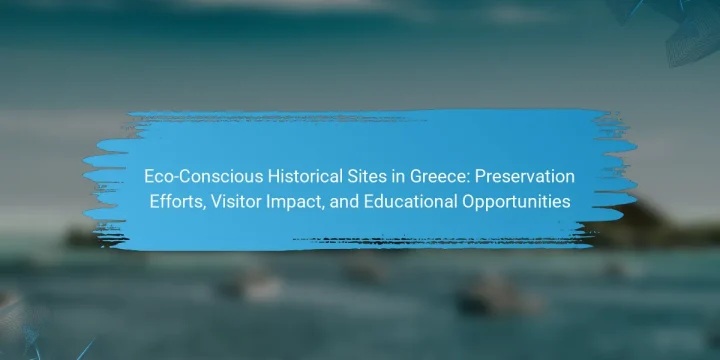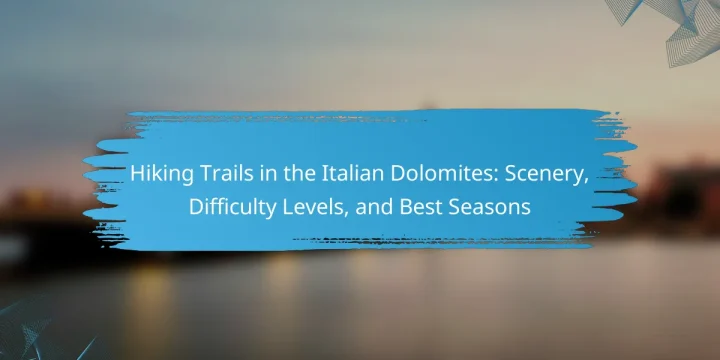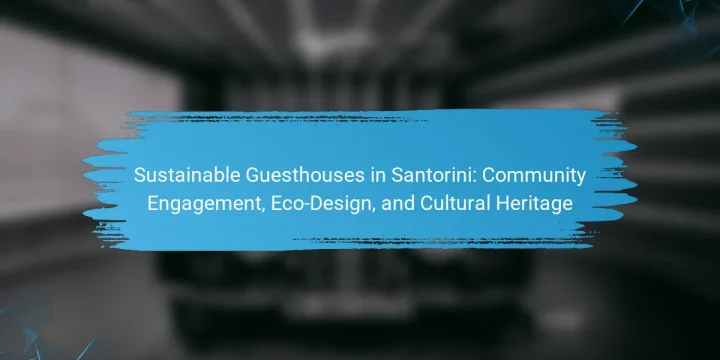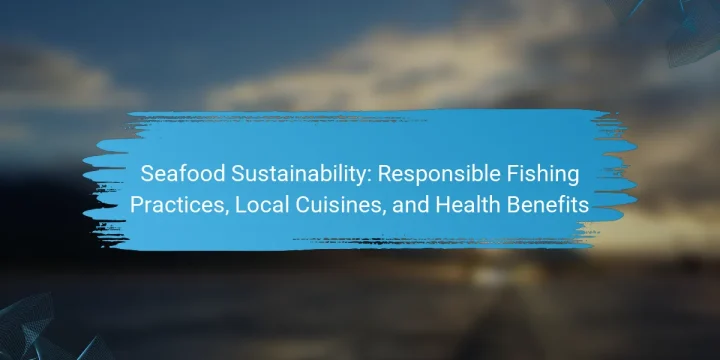
Green certifications are essential for hotels in Southern Europe, enhancing sustainability and attracting eco-conscious travellers. This article explores various types of certifications, such as Green Key and EarthCheck, their importance in improving operational efficiency, and notable examples of certified hotels that exemplify eco-friendly practices. Understanding these aspects can help hotels boost their marketability and commitment to environmental responsibility. Why are Green Certifications Important for Hotels in Southern Europe? Green certifications are crucial for hotels in Southern Europe as they enhance sustainability practices, attract eco-conscious travellers, and improve operational efficiency. These certifications, such as Green Key and EarthCheck, validate a hotel's commitment to environmental responsibility. By adopting these standards, hotels can reduce energy consumption by up to 30%, lower waste production, and enhance their marketability. As a result, green certifications not…








